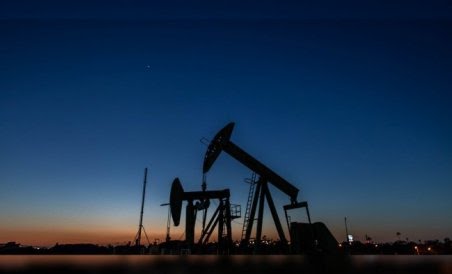-
Rollouts of more vaccination against Covid could boost economic activity and demand for oil
-
Slow progress in negotiations on an Iran nuclear deal could also weigh on oil supply, supporting prices
Goldman Sachs, the US investment bank, has projected crude prices to touch $80 per barrel during this summer, believing that a recent oil market rally will continue as vaccination rollouts boost global economic activity and demand for the commodity.
Brent prices hit $72.93 per barrel this week, their highest level in over two years, fueled by expectations of stronger demand. Brent futures were trading at $72.21 a barrel on Friday, while US West Texas Intermediate (WTI) crude was around $70 a barrel.
“Rising vaccination rates are leading to higher mobility in the US and Europe, with global demand estimated up 1.5 million barrels per day (bpd) in the last month to 96.5 million bpd,” the bank said in a note released late on Thursday, reported Reuters.
Goldman, which has longstanding commodity sector expertise, expects recovery in oil demand to continue and sees global demand reaching 99 million bpd in August. The investment bank also said slow progress in negotiations on an Iran nuclear deal could also weigh on oil supply, supporting prices.
Iran and global powers have been negotiating since April to lift sanctions on Tehran, which have hit its economy hard by cutting its vital oil exports. US Secretary of State Antony Blinken said on Tuesday he anticipates that even if Iran and the United States return to compliance with the nuclear deal, hundreds of US sanctions on Tehran would remain in place.
“Recent headlines comfort us in our expectation that a potential recovery in Iran exports won’t happen till the fall,” the bank said. “While there exists both OPEC+ upstream and refinery downstream excess capacity, we expect OPEC+ to fall behind the demand rebound.”

